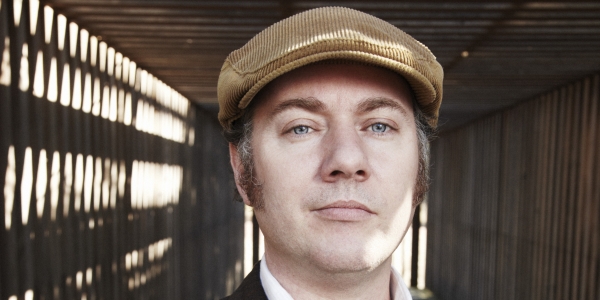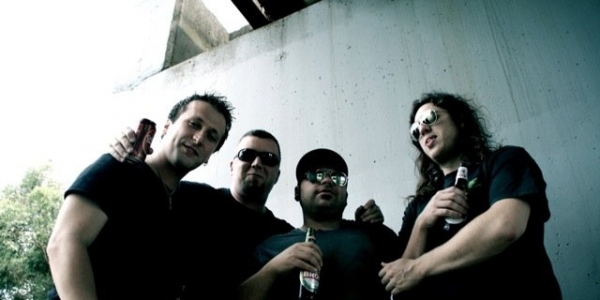“If there’s any element like that, it’s in hindsight,” Lang says of any conceptual links between the songs. “There’s definitely a thread that connects the songs as a theme, and even with the title of the record, it’s just the power of memories. But they weren’t put together as a concept record or anything like that. It was more just when I was looking back at it, that was a bit of a common thread, but in different ways.”
Lang had a few particular goals he wanted to achieve in creating Carried in Mind, particularly with regard to instrumentation and execution. He wanted Garrett Costigan on pedal steel. And he wanted to record the material onto 8-track analogue tape, a decidedly old-school and warm-sounding way of making a record. “I’ve been meaning to record something with Garrett for a while, and it was good to have some songs that I could really hear it working on,” Lang says. “I also set myself certain challenges occasionally. I wanted to record it to tape as much for the arrangement challenge of it as anything else. If you’re going to include something as part of the arrangement, it’s really got to put its hand up and demand to be included: am I going to use that last track for another guitar part, or would it be better to give the snare drum its own mic? That kind of thing. And I wanted to record it as live as possible. It’s an old-fashioned way, and ultimately it’s not really that relevant to the end thing – it’s more part of the process, a way to be inspired by the process of recording. It’s not like it’s some exercise in retro sonics or something.” But the live-like approach did allow for some particular musical flights of fancy that wouldn’t really be achievable in the digital world. “Something like the instrumental section in Running By The Rock, you couldn’t really do that if it was a guitar solo overdubbed onto a rhythm track. Everyones’ performance feeds off the others.”
But the material wasn’t written to take advantage of the environment it was recorded in. More like the other way around. “It all takes shape after the fact,” Lang says. “I don’t really sit down to write song with an approach in mind. I guess the selection of material – what songs seem to get along with each other and therefore end up getting recorded – that occurs more in the collating of material for an album. In the actual writing I just write and see what comes. There were a lot more songs that we recorded but these were the ones that seemed to take a bit of a shape. Once you get a core of two or three songs that you know you want to include, the others just seem to get pulled into the orbit of those songs, in a way.”
Some of those leftover recordings have made their way into a special edition disc which includes additional tracks and reinterpretations. “I thought it might be interesting for people to hear some alternate versions of some of the songs,” Lang says. “If it’s a band performance then maybe do something solo. Running By The Rock for example is a very polyrhythmic song. I thought it might be interesting to remove the rhythm from a song like that and not even having a rhythmic guitar part on it, just a drone on an old hand-driven organ, and then some loops going, throwing it into a bit of a Lost In Space feeling.” The extra disc also includes a cover of Don Walker’s Harry Was A Bad Bugger. “I rang Don up and said ‘Mind if I sing that?’ It was a little bit intimidating after Tex, Don and Charlie had done it.”
Lang’s lyrical style seems well-forged, but he doesn’t have a particularly writer-ly background, instead chalking up his writing chops to simply listening to songs by good writers and also reading good books. “I guess I care about having good lyrics to sing. It’s important for me. I don’t know how important lyrics are to everyone, but it’s good to have that extra level of depth so that if people want to explore them they’re there for them, but I think the primary job of the lyrics is to engage the singer enough so they can deliver the right performance. If you’re not engaged with the material you can’t sing it properly.”

